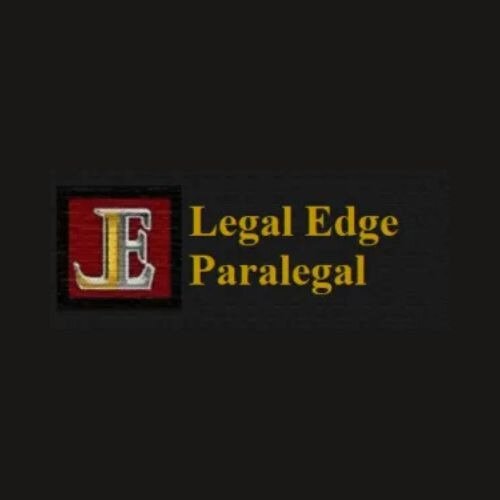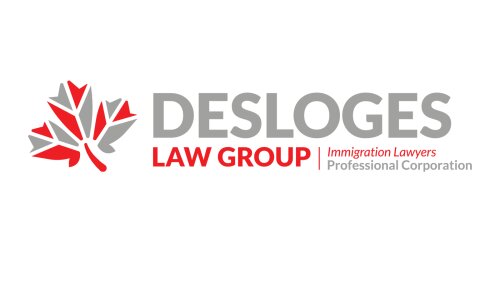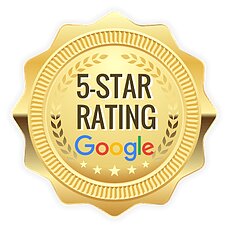Best General Litigation Lawyers in Toronto
Share your needs with us, get contacted by law firms.
Free. Takes 2 min.
List of the best lawyers in Toronto, Canada
Canada General Litigation Legal Articles
Browse our 1 legal article about General Litigation in Canada written by expert lawyers.
- How to Claim Personal Injury Damages in Ontario Canada
- Victims have two years from the date of the accident to initiate a lawsuit against the at-fault driver in Ontario. Ontario uses a hybrid system where you receive immediate "no-fault" benefits regardless of who caused the crash, while also retaining the right to sue for additional damages. To successfully sue... Read more →
About Litigation Law in Toronto, Canada
Toronto boasts a well-established legal landscape, with litigation law playing a significant role. Litigation typically involves two parties engaged in a dispute and requires professional legal representation to navigate the complexities. Litigation, thus, refers to all the procedures involved in resolving a legal dispute. It can include pre-trial negotiations, mediation, arbitration, trials and, if needed, appeals. Lawyers in Toronto who specialize in litigation, often known as litigators, take on civil lawsuits involving businesses, individuals, and government entities.
Why You May Need a Lawyer
Engaging in legal disputes can be a stressful and complex process. You may require the services of a litigation lawyer in several situations. This could be when you've been sued or wish to sue somebody for damages; when you're embroiled in a business dispute; or when you've been affected by a breach of contract. The field of litigation covers a broad spectrum, including personal injuries, professional negligence, insurance disputes, employment disputes, and more. A knowledgeable litigation lawyer can guide you through the process, protecting your best interests and aiming for the most favorable outcome.
Local Laws Overview
Given the diverse nature of litigation, various laws applied can range from The Limitation Act of Ontario, which dictates the time limit in which a legal proceeding can take place, to the Courts of Justice Act, outlining procedural rules for Ontario courts. Other pieces of legislation often referred to in Toronto litigation matters include the Ontario Human Rights Code (e.g., in the context of employment disputes) and the provincial Occupiers' Liability Act (in personal injury claims). The exact laws relevant to your dispute can differ significantly based on the subject matter of your case.
Frequently Asked Questions
1. What does a litigation lawyer do?
A litigation lawyer represents clients in legal disputes in court, negotiations, and other judicial proceedings. They gather evidence, conduct research, and work on strategizing the most effective course of legal action.
2. How can a litigation lawyer help me?
A litigation lawyer can provide invaluable advice on legal disputes, aid in navigating complex legal systems, and advocate for your rights and interests in negotiations and court.
3. When should I hire a litigation lawyer?
You should consider hiring a litigation lawyer as soon as you realize you might be involved in a legal dispute. It's important to seek legal advice at an early stage to better understand your situation and position.
4. How long does litigation process take?
The process of litigation varies case by case; it can take months to several years. It significantly depends on the nature of the dispute, the parties involved, and the complexities of the case.
5. How expensive is litigation?
The cost of litigation can be high, varying depending on the length and complexity of the legal proceedings. However, most litigation lawyers offer different payment plans to alleviate the financial burden.
6. What's the difference between litigation and mediation?
Litigation is a formal process that involves a court, judge or jury, and it can be a public process. Mediation, on the other hand, is a private negotiation process facilitated by a neutral third party.
7. Can I represent myself in litigation?
While it is possible to represent yourself, it is usually not recommended due to the complex nature of litigation proceedings, hence the necessity of a knowledgeable lawyer.
8. What happens if I lose a litigation case?
If you lose, you might have to pay for damages, as well as costs, which could include the other party's legal fees. You can appeal the decision, but it often requires additional costs and time.
9. What does settlement in litigation mean?
A settlement in litigation happens when the disputing parties agree on a resolution without the court's decision. It brings a quicker end to the dispute and often saves costs.
10. Can any lawyer handle a litigation case?
While technically any lawyer can handle a litigation case, it's generally best to seek out a lawyer who specializes in litigation as they have the necessary understanding of the court systems, procedural rules, and substantive law.
Additional Resources
Sources like the Law Society of Ontario and the Canadian Bar Association can provide comprehensive information about litigation processes. The Ontario Ministry of the Attorney General's website offers a wealth of resources for those engaged in legal disputes, including forms, court procedures and self-help guides. The Ontario Court of Justice also provides valuable information on its website.
Next Steps
If you need legal assistance in litigation, start by gathering all relevant documents about your case. These may include contracts, emails, photos, or any proof that supports your case. Research attorneys who specialize in litigation and consider setting up an initial consultation to discuss your matter and evaluate their suitability for your case. Remember, it's important to find a lawyer with whom you feel comfortable and confident in their ability to handle your case.
Lawzana helps you find the best lawyers and law firms in Toronto through a curated and pre-screened list of qualified legal professionals. Our platform offers rankings and detailed profiles of attorneys and law firms, allowing you to compare based on practice areas, including General Litigation, experience, and client feedback.
Each profile includes a description of the firm's areas of practice, client reviews, team members and partners, year of establishment, spoken languages, office locations, contact information, social media presence, and any published articles or resources. Most firms on our platform speak English and are experienced in both local and international legal matters.
Get a quote from top-rated law firms in Toronto, Canada — quickly, securely, and without unnecessary hassle.
Disclaimer:
The information provided on this page is for general informational purposes only and does not constitute legal advice. While we strive to ensure the accuracy and relevance of the content, legal information may change over time, and interpretations of the law can vary. You should always consult with a qualified legal professional for advice specific to your situation.
We disclaim all liability for actions taken or not taken based on the content of this page. If you believe any information is incorrect or outdated, please contact us, and we will review and update it where appropriate.















